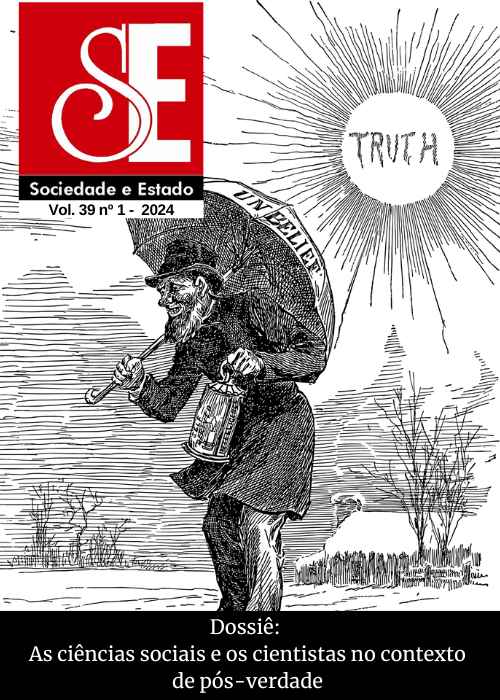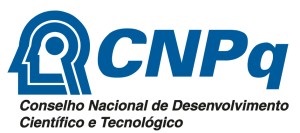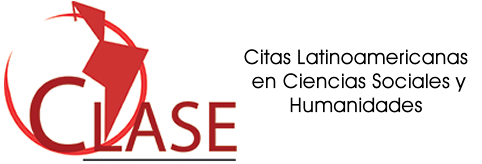Post-truth, or Post-Academic?: The Transformation of Science and the Obsolescence of “Reality”
DOI:
https://doi.org/10.1590/s0102-6992-20243901e51306Palabras clave:
post-truth, objectivity, Mauss, Practices, sociological explanationResumen
Discussions of post-truth typically appeal to a notion of science as objective and therefore non-ideological. Objectivity has been attacked as itself an ideology, and a large literature has developed which claims that there are alternative “epistemologies” which reveal facts which this ideology excludes. The focus on the question what is a fact leads to “post-truth: this question is in turn treated as ideological. But this is misleading in two ways. One is that the kinds of facts that are supposed to be added by these alternative epistemologies been part of sociology all along. The disagreement is not about facts, but about affirming the validity of viewpoints. Another is that sociology problematizes ideology itself, without affirming any ideology. This approach provides its own discipline: we come to understand what something like oppression means, and means for the people involved, terms of the difference between our assumptions and practices, from our living life, and theirs.
Descargas
Citas
BELLAH, Robert. Habits of the heart: Individualism and commitment in American life. Berkeley: University of California Press, 1985.
BOON, James A. Other tribes, other scribes: Symbolic anthropology in the comparative
study of cultures, histories, religions, and texts. Cambridge: Cambridge University Press, 1982.
BROWNLEE, Fred. Preface, in: JOHNSON, Charles S.: To stem this tide: A survey of racial tension areas in the United States. Boston and Chicago: The Pilgrim Press, 1943.
BRUNSMA, D.L. and J.P. WYSE. “The possessive investment in White sociology”. Sociology of Race and Ethnicity, v. 5, n. 1, pp. 1-10, 2018.
DENNETT, Daniel C. Darwin's dangerous idea. New York: Simon & Schuster, 1995.
DUBOIS, W.E.B. The Philadelphia Negro: A social study. New York: Schocken Books, [1899]1967. https://archive.org/details/philadelphianegr001901mbp
FREEMAN, Derek. Margaret Mead and Samoa: The making and unmaking of an anthropological myth. Cambridge, Mass.: Harvard University Press, 1983.
GEERTZ, Clifford. “Thick description: Toward an interpretative theory of culture”, in: The interpretation of cultures. New York: Basic Books, 1973. https://philpapers.org/archive/geettd.pdf (accessed 15 June 2021)
HARDING, Sandra S. “How standpoint methodology informs philosophy of social science”, in: S.P. TURNER and P. ROTH (eds.). The Blackwell guide to the philosophy of the social sciences. Hoboken, NJ: Wiley Blackwell, 2003. https://doi.org/10.1002/9780470756485.ch12
HARDY, H. In search of Isaiah Berlin: A literary adventure. London: Taurus Parke, Bloomsbury Pub., 2018.
JOHNSON, C. S. Patterns of Negro segregation. New York: Harper Row, 1943.
KUCKLICK, Henrika. “History of Anthropology”, in: BACKHOUSE, R. E., and P. FONTAINE (eds.) A historiography of the modern social sciences. Cambridge, New York: Cambridge University Press, 2014.
LADNER, J. (ed.). The death of white sociology. New York: Vintage, 1973.
LÉVI-STRAUSS, Claude. Introduction to the work of Marcel Mauss, trans. F. BAKER. London: Routledge: Kegan Paul, 1967[1950].
LYND, R. S., and H. M. LYND. Middletown: A study in American culture. New York: Harcourt Brace & Co., 1929.
MACLEAN, V.M. and J.E. WILLIAMS MacLean, Vicky M., and Joyce E. Williams. “Shifting paradigms: sociological presentations of race”. American Behavioral Scientist, v. 51, n. 5, p. 599–624, 2008.
MANNHEIM, K. “Conjunctive and communicative thinking”, in: D. KETTLER, V. MEJA, and N. STEHR (eds.), trans. J. J. SHAPIRO and S. WEBER NICHOLSON. Conservatism: A Contribution to the sociology of knowledge. London: Routledge and Kegan Paul, [1924]1986.
MANNHEIM, K. Ideology and utopia: An introduction to the sociology of knowledge, trans. L. WIRTH and E. SHILS. New York: Harcourt Brace & Company, [1929]1936. https://archive.org/details/ideologyutopiain00mann (accessed 16 November 2020)
PUTNAM, Robert. Bowling alone: The collapse and revival of American community. New York: Simon and Schuster, 2000.
RIESMAN, David. Individualism reconsidered, and other essays. Glencoe, IL: Free Press, 1954.
RIZVI, Sana. ”Racially just epistemologies and methodologies that disrupt whiteness” International Journal of Research and Method in Education, v. 45, p. 225-231, 2022a.
RIZVI, Sana. “Racially just epistemologies and methodologies that disrupt whiteness II” International Journal of Research and Method in Education, v. 45, p. 323-329, 2022b.
ROUSSEAU, J.J. The social contract and other political writings, trans. Q. HOARE, ed. C. BERTRAM. London: Penguin, [1762]2012.
STAPLES, R. Introduction to Black sociology. New York: McGraw-Hill, 1976.
THERNSTROM, Stephan. “‘Yankee City’ revisited: The perils of historical naïveté”.
American Sociological Review, v. 30, n. 2 (Apr), p. 234-242, 1965.
TURNER, Stephen. Sociological explanation as translation. Rose Monograph Series of the American Sociological Association, New York, Cambridge: Cambridge University Press, 1980.
TURNER, Stephen. 1984. La Explicación Sociológica Como Traducción, trans. M. USABIAGA; Preface by J.P. MAYER. México: Fondo de Cultura Económica, 1984.
WAQUANT, Loïc. “Scrutinizing the street: Poverty, morality, and the pitfalls of urban ethnography”. American Journal of Sociology, v. 107, n. 6, p. 1468-1532, 2002.
WAX, Murray L. “Tenting with Malinowski”. American Sociological Review, v. 37, n. 1, p. 1-13, Feb. 1972.
WEBER, Max. “‘Objectivity’ in social science and social policy”, in: H. H. BRUUN and S. WHIMSTER (eds.) Max Weber: Collected methodological writings, trans. H. H. BRUUN. London/New York: Routledge, [1904] 2012.
WEBER, Max. The Protestant ethic and the spirit of capitalism, trans. T. PARSONS. New York: Charles Scribner’s Sons, [1930]1958.
ŽIŽEK, S. “The real reason why the Taliban has retaken Afghanistan so quickly, which Western liberal media avoids mentioning”. RT 17 August, 2021.
https://www.rt.com/op-ed/532207-zizek-taliban-retake-afghanistan-reason/
Descargas
Publicado
Cómo citar
Número
Sección
Licencia
Derechos de autor 2024 Sociedade e Estado

Esta obra está bajo una licencia internacional Creative Commons Atribución 4.0.




.jpg)



















